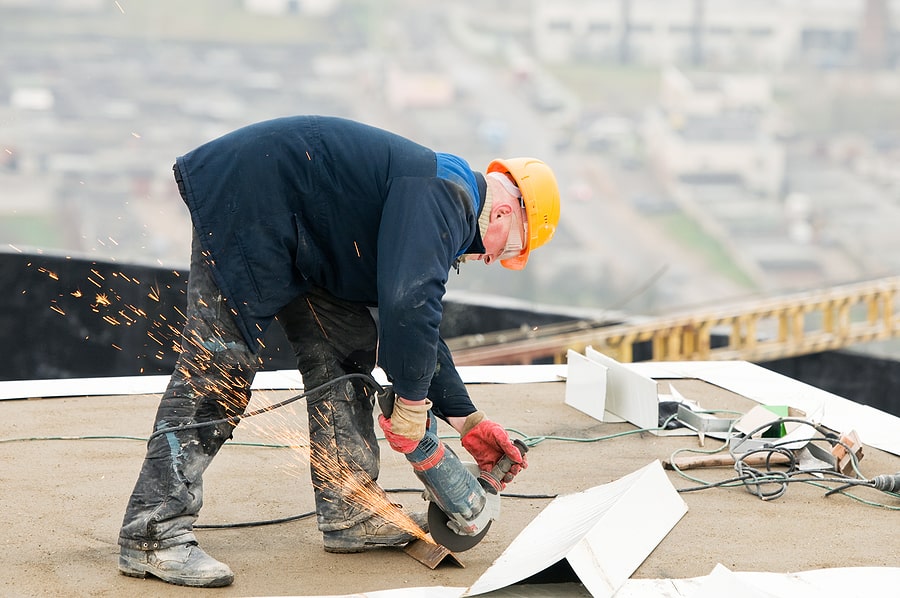- The Advantages of Rechargeable Hearing Aids - July 16, 2024
- How to Enjoy Music Festivals While Protecting Your Hearing - July 3, 2024
- Over-the-Counter Hearing Aids vs. Custom Hearing Aids - June 28, 2024
Hearing loss is often associated with loud noises from industrial machinery, concerts, or construction sites. However, many everyday items and activities can also contribute to hearing damage over time. From household appliances to personal devices, these seemingly harmless sources of noise can gradually erode our auditory health without us even realizing it. Let’s look at some of the everyday objects that can cause hearing loss.
Household Appliances
- Hair Dryers: While hair dryers may seem innocuous, they can produce noise levels of up to 85 decibels (dB), which is enough to cause hearing damage with prolonged exposure. If you blow-dry your hair every morning, you could be damaging your hearing.
- Vacuum Cleaners: The roar of a vacuum cleaner can reach levels of 70-90 dB, especially when used at close range. Whether you’re cleaning the floor or vacuuming the couch cushions, regular use without ear protection can lead to hearing loss over time.
- Blenders and Food Processors: The high-speed motors in blenders, food processors, and coffee grinders can generate noise levels of 80-90 dB, posing a risk to both users and bystanders if used frequently and without ear protection.
Personal Listening Devices
- Headphones and Earbuds: Listening to music or podcasts at high volumes through headphones or earbuds can expose your ears to noise levels exceeding 85 dB, especially if worn for extended periods. Over time, this can lead to irreversible hearing damage.
- Smartphones and Tablets: The built-in speakers on smartphones and tablets can produce sound levels of 80-90 dB, particularly when playing videos, games, or music at maximum volume. Prolonged exposure to these loud sounds can contribute to hearing loss over time.
Recreational Activities
- Power Tools: Whether it’s mowing the lawn, using a power drill, or operating a chainsaw, power tools can generate noise levels well above 85 dB, putting users at risk of hearing damage if proper ear protection is not worn.
- Sports Events: Attending sports events such as football games, basketball matches, or motor racing events can expose spectators to noise levels exceeding 100 dB, especially in enclosed stadiums or arenas. Without ear protection, cheering crowds and amplified announcements can pose a risk to hearing health.
- Movies: Going to the movie theater or watching movies at home can both pose a risk to your hearing health. In the theater, sounds can reach dangerously high levels, and at home, you may turn up the volume to unsafe levels.
- Traffic Noise: Exposure to traffic noise, whether from cars, trucks, or motorcycles, can reach levels of 85-90 dB, particularly in urban areas with heavy traffic congestion. Walking or cycling along busy streets without ear protection can also contribute to cumulative hearing damage over time.
Protecting Your Hearing
While it may be impossible to avoid all sources of everyday noise, there are steps you can take to protect your hearing and minimize the risk of hearing loss:
Use Ear Protection: Wear earplugs or earmuffs when exposed to loud noises from household appliances, power tools, or recreational activities. Invest in high-quality ear protection and use it consistently to safeguard your hearing health.
Limit Exposure: Limit the duration and intensity of exposure to loud noises whenever possible. Take breaks from noisy environments, lower the volume on personal listening devices, and move away from sources of excessive noise when feasible.
Practice Safe Listening Habits: When using headphones or earbuds, follow the 60/60 rule: listen at no more than 60% of the maximum volume for no more than 60 minutes at a time. Additionally, give your ears regular breaks from headphone use to allow them to rest and recover.
Maintain Hearing Health: Schedule regular hearing screenings with a qualified hearing health professional to monitor your hearing health and detect any changes or signs of hearing loss. You can adopt a healthy lifestyle that includes regular exercise and a balanced diet to support your overall well-being, including auditory health.
Visit Us for More Support
Everyday items and activities may seem harmless, but some can pose a risk to our hearing health. When you’re aware of the risks, you can take steps to protect your hearing health. To find out more about the risks to hearing health and explore custom hearing protection, visit us today.

